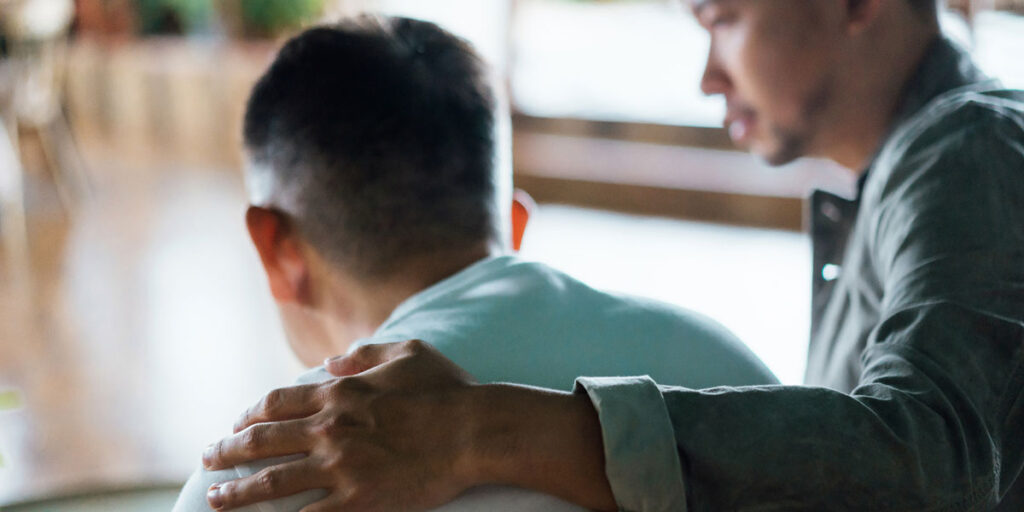I heard a speaker say once, “whether you believe in god or not, either way you are right”. This struck me as especially powerful because the only requirement to feel the love and the grace of the almighty is simply by opening your heart up to the possibility of a benevolent god that wants the best for you. I used to think that if there was really a god out there, he certainly did not love me. I had spent years convincing myself that if there was something that needed to be sorted, I was the only one that had the power to do the sorting.
It is sort of a counterintuitive thought experiment, to believe in something that has not been a physical presence in your life. However, I think if anyone were to meet god, how would they know? Why would they believe that person anyhow? The miracles and synchronicities in my life are only miraculous and divinely inspired because I choose to see it that way. Once I had opened myself up to the idea that there might be a power greater than myself out there, and maybe this power did not want me to die an alcoholic death, I could then see all the ways, big and small, that this power was protecting and pushing me down my path to recovery.
I am glad that all it takes is an openness to the idea, and the action of seeking to understand the will of that power greater than myself. If I had to completely know and understand god when I was on my second step the first time around, I would have been stuck there awhile or given up entirely.
It makes sense to me why I had, and so many people experience the difficulty of accepting the presence of a power greater than ourselves that has the power to transform our lives and restore us to sanity. On the one hand, organized religion has done a hell of a job of fucking the world up since the Julian calendar switched from BC to AD. I had prided myself on being an atheist, because as the big book said, my logic and reason told me that I had more power to effect change in my life than anything else, certainly more than something that begged for my acknowledgment of its invisible, silent existence. I also thought those that had accepted religion in their life were mentally feeble and ignorant.
It wasn’t until I attended Pepperdine as a fully grown adult that I started to feel jealous of people who had accepted God into their life. The kindness, the community, the faith that bound them together – these were all things that were foreign to me up to that point. I would never have said it out loud, but I wanted to believe and behave as they did. I would condemn and look down on them for “believing in a storybook” and seeming like pious drones devoid of any substance or realness. Looking back, I wish that I had involved myself in the community more. I think it would have made my college experience much more enjoyable, and as always is the case with life, I could have taken and used what I wanted and left the rest behind.
Step two is great because of the precise wording of the step. We did not have to already believe, we just had to eventually come to believe. Also, any person who prides themselves on being militantly atheist and the height of all logic or reason, should be able to understand that there exists in the world SOMETHING greater than themselves. If anyone were to truly think that they were the greatest power in the universe, they may be beyond help. That’s why I like the part of We Agnostics that talks about seeking. There does not have to be some fully fleshed out idea of what God or a higher power is, there needs only to be an openness to the concept that perhaps there were larger forces at work conspiring to help us recover. If the choice is to believe that there is a power out there that wants me to survive this fatal illness that I have, or to believe that we are sentenced to death and beyond the aid of external forces, I think I know what I will choose.



